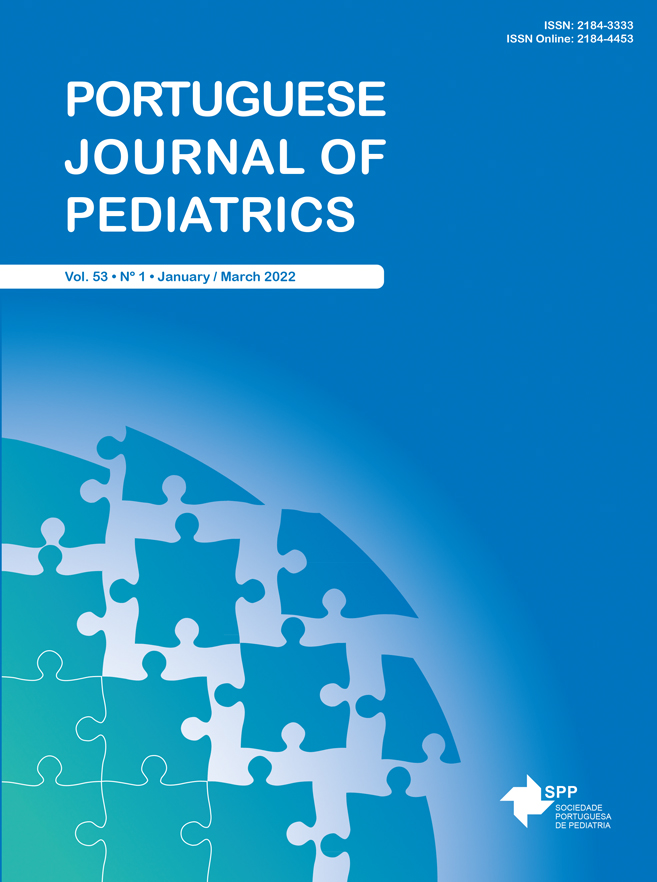Vaccine Hesitancy in Measles-Rubella Campaign in a Tertiary Care Hospital
DOI:
https://doi.org/10.25754/pjp.2022.22083Abstract
Introduction and Objectives: The Government of India conducted a mass measles-rubella (MR) vaccination phase-1 campaign (2017) in five states/union territories. However, this campaign had met with resistance from the public with several rumours circulating on media. The present study was conducted to know the perception of parents regarding MR vaccine, reasons for the vaccine hesitancy, and information sources used to make decisions regarding vaccination.
Methods: A cross-sectional study was conducted on 425 children. Parents/caretakers of every fifth child were interviewed using a pretested semi-structured standardized questionnaire adapted from the Strategic Advisory Group of Experts (SAGE) working model after written consent. Reasons for vaccine hesitancy were considered as the outcome variables. Descriptive statistics were used for calculating frequencies. Chi square test was used for comparing the variables between vaccine compliant and vaccine-hesitant groups; P <0.05 was considered significant.
Results: Among 425 informants, 178 (41.8%) refused the vaccine initially. Only 149 (83.7%) reported fear of side effects as the reason for initial vaccine hesitancy. Vaccine hesitancy had stemmed from the fear of side effects following immunization, which was generated from the wrong information circulated in social media, television, and by word of mouth from the neighbours. Reassurance through interpersonal communication by school authorities and health care professionals led to improved vaccine acceptance.
Conclusion: Vaccine hesitancy stemming from the fear of side effects was generated by the wrong information, which was circulated in the social media and television about children getting hospitalized after MR vaccine.
Downloads
Downloads
Published
Issue
Section
License

This work is licensed under a Creative Commons Attribution-NonCommercial-NoDerivatives 4.0 International License.









